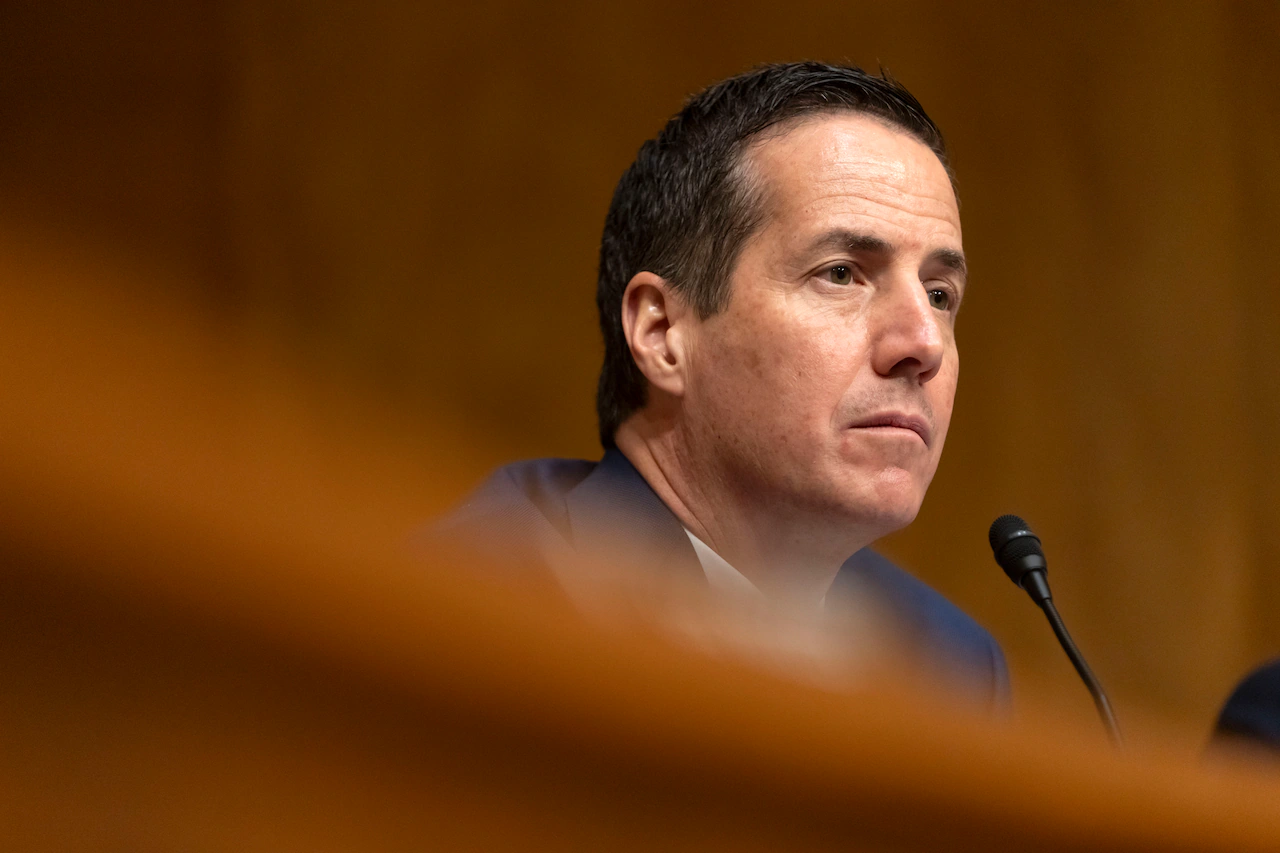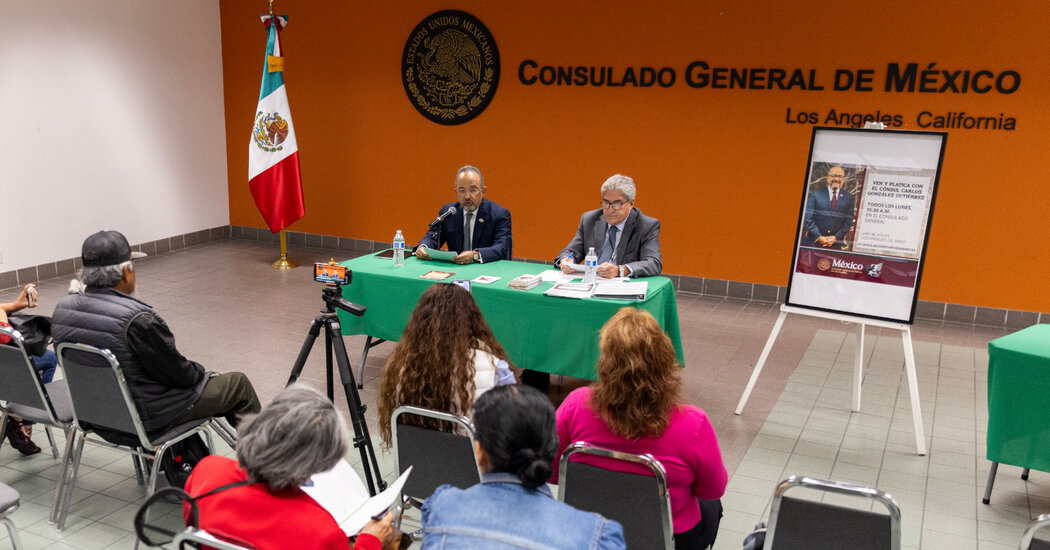Copyright Baltimore News

Senate Republicans are teeing up a new proposal to break the impasse on the longest shutdown in U.S. history with a new package of funding bills in a vote that is expected to fail and keep the government shutdown into the weekend. The vote comes as the consequences of the shutdown are snowballing and adding pressure on Congress to find a compromise. Federal workers haven’t been paid in weeks; low-income families are without food aid and other government benefits and airlines are scrambling to cancel thousands of flights after the Federal Aviation Administration cut air traffic at dozens of major airports. The proposal includes a short-term extension to reopen the government for a few months along with full-year funding covering the legislative branch, veterans programs and agriculture. It did not include Democrats’ central demand in the shutdown standoff, an extension of Affordable Care Act subsidies that are expiring and will cause huge spikes in premiums for people who purchase marketplace insurance. Democrats have signaled they will vote against the new plan, which comes as a bipartisan group of senators have been in talks to find a compromise out of the shutdown, which became the longest in history this week. Democrats voted against reopening the government 14 times before Friday and have offered few indications they were willing to cave on their demands for ACA funding. Tuesday’s elections appear to have emboldened some of them to continue to hold out to build pressure on Republicans and make the healthcare subsidies a prime political issue. “The Tuesday election was a message to Democrats to keep fighting. People are scared at what Trump is doing to their lives and our democracy. And they desperately want the opposition party to stand up to him, not willingly get run over,” Sen. Chris Murphy, D-Conn., wrote on X. Senate Majority Leader John Thune said it “should be the expectation” that senators will work through the weekend to break the impasse. "There are a bunch of these people who want to get this done, realize this is really bad for the country, but at least at the moment are afraid," Thune said. "We've been working now for several days and those conversations will continue into the weekend if necessary.” The question is what else Republicans can do to attract more Democratic support for reopening the government. Only three senators who caucus with Democrats, Angus King of Maine, Catherine Cortez Masto of Nevada and John Fetterman of Pennsylvania, have voted to approve previous stopgaps. More centrist Democrats have engaged in discussions to find a path out of the shutdown but those talks appeared to be stalling out. “Unfortunately, it’s folks trying to figure out a path forward. But there is no organized effort at this point that is bearing fruit,” Sen. Mike Rounds, R-S.D., said Thursday. Republicans are also facing more pressure from President Donald Trump to take matters into their own hands and go with the “nuclear option” to end the shutdown and get rid of the Senate filibuster. Trump has called on Republicans to end the 60-vote threshold for legislation repeatedly as the shutdown drags on but has been met with resistance over concerns over what Democrats would do with it when they regain a majority. “Just say NO (Nuclear Option!). TERMINATE THE FILIBUSTER!” Trump wrote in a post on Truth Social. Trump has also refused to engage in discussions with Democratic leadership since a meeting before it started. Schumer and Jeffries sent the White House another request for a meeting earlier this week to discuss the shutdown. “We write to demand a bipartisan meeting of legislative leaders to end the GOP shutdown of the federal government and decisively address the Republican health care crisis,” they wrote in a letter to Trump. Despite weeks of efforts to get Republicans to include funding for the healthcare subsidies, the GOP has held firm on refusing to negotiate on an extension before the government is reopened. Thune has promised to start talks after the shutdown ends and a guaranteed a vote on extending them but has not agreed to make a deal on them as part of the legislation to reopen the government. “I’ve made this very clear to them — I can’t guarantee them an outcome. I can guarantee them a process. They can litigate the issue, get the vote on the floor,” Thune said. House Speaker Mike Johnson added another stumbling block to getting negotiations back on track when he refused to promise to schedule a vote on the subsidies. Moderate lawmakers involved in the negotiations to reopen the government in the Senate said Johnson’s comments were a “significant problem.” “We have to make sure we have a deal that we can get broad support for,” Sen. Gary Peters, D-Mich., told reporters. The House has been out of session for more than a month after passing a stopgap spending bill to keep the government open until Nov. 21. The politics of renewing the subsidies within the House GOP are challenging for Johnson, who risks a revolt from the budget hawks and hardline conservatives over the expansive costs of renewing the subsidies.



